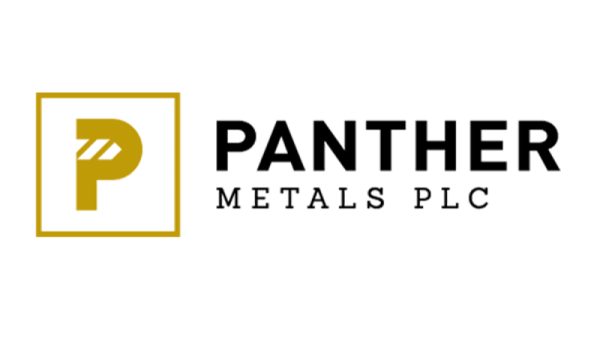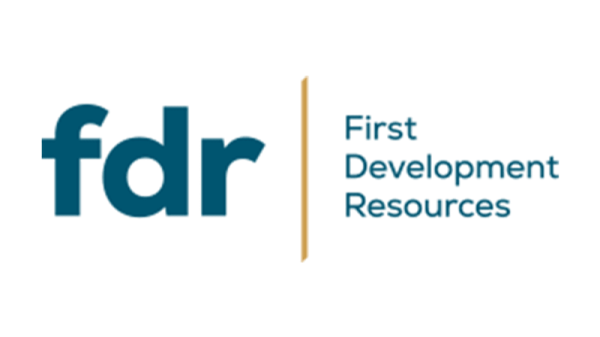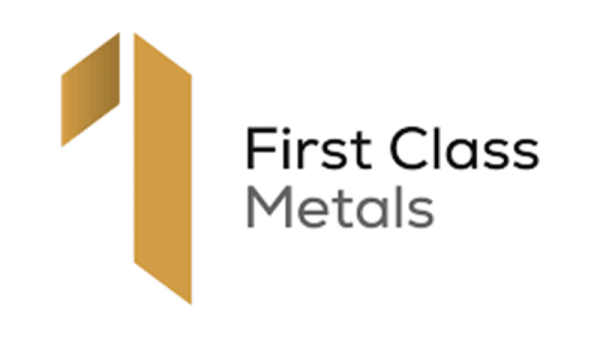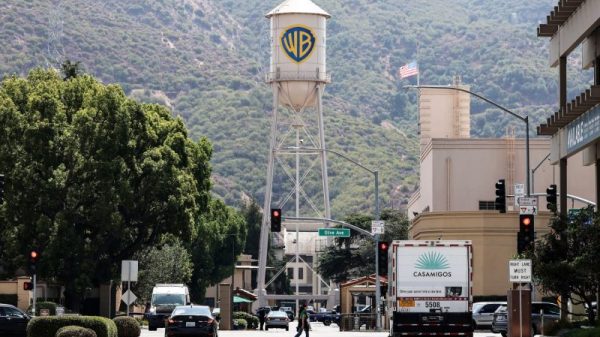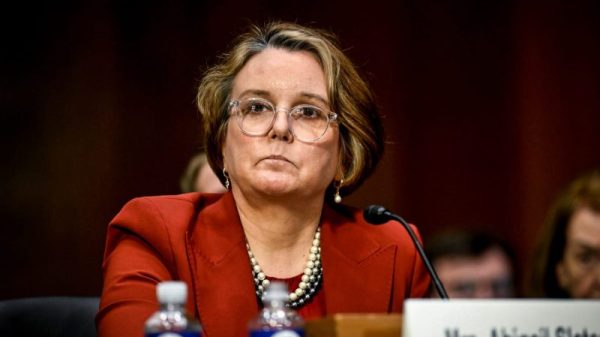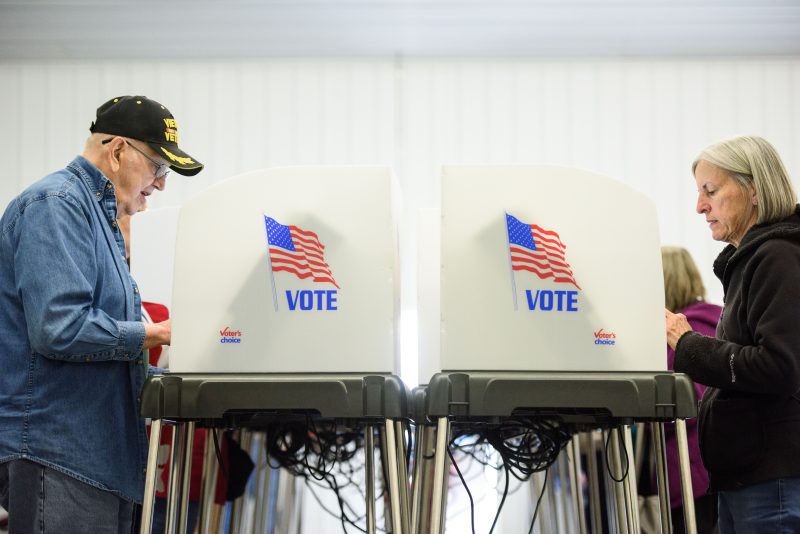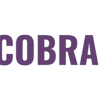Former president Donald Trump’s years-long effort to restrict mail balloting and early voting has skidded into reverse in North Carolina, with the Republican presidential nominee demanding the kind of easier voting access that he labeled fraudulent when Democrats pushed similar measures during the coronavirus pandemic in 2020.
Trump’s about-face comes after Hurricane Helene left dozens dead and thousands temporarily pushed from their communities after widespread destruction of homes, roads and water supplies when the storm deluged the western part of the state in late September.
The 25 hardest-hit counties are almost all deeply conservative, places where Trump must rack up big margins to offset more liberal urban centers, such as Charlotte and Raleigh, that are likely to net voting gains for Vice President Kamala Harris.
Several Trump advisers said his campaign is worried that hundreds of thousands more Trump voters than Harris voters have been affected by the storm in a critical battleground that the former president must win if he is to regain the White House. Trump won North Carolina by just over a percentage point in 2020.
Since the storm hit, the campaign has advocated changes to voting policy and procedures that mirror the type of pandemic-related accommodations that came under attack from Trump and his allies four years ago.
The changes include letting voters affected by the storm drop their mail ballot at any county or state election office in North Carolina; allowing counties to open new polling locations and modify their early-voting hours to maximize voter participation; waive county residency requirements for poll workers and observers; and allow temporary structures to be used in place of damaged or destroyed polling locations.
“The county boards in North Carolina need to act quickly to make adjustments,” said Trump political director James Blair. “They cannot disenfranchise voters, and we’re prepared to do whatever it takes to keep that from happening.”
But the campaign’s rhetoric has puzzled state election officials, who had already authorized counties to move forward with most of the provisions Trump’s team demanded before the campaign circulated them.
The GOP-controlled state legislature also unanimously enacted the same emergency changes to leave no doubt as to their legality. Trump and his allies had criticized election officials in 2020 for imposing emergency rules without getting legislative approval, to make voting easier during the pandemic.
Trump has long railed against those loosened voting policies, calling easier access to mail voting, for instance, “a big scam” and baselessly alleging that less restrictive ballot access helped Democrats to steal the 2020 election, which he lost to Joe Biden.
Republicans in the North Carolina state legislature, and in numerous legislatures nationwide, have spent the past four years tightening voting policy in an effort, they say, to make it harder to cheat. Democrats say the tightened policies help suppress voter participation.
“Wanting to use flexibility or convenience — that’s a no-no,” said Michael Bitzer, a political scientist at Catawba College, referring to the Republican position. “But when it’s your base of political supporters, opinions change.”
The Trump campaign has asked for a similar easing of voting rules in Florida, which was walloped in rapid succession by two storms: Helene and then Milton. Trump also encouraged his supporters in Nevada ahead of a rally in Reno this month to bring their completed mail ballots to the rally and hand them over to campaign staff.
Ballot collection is legal in Nevada, but not in other states. Trump has long assailed the practice, accusing Democrats of illegal ballot “harvesting.”
The Trump campaign has taken an at-times combative tone to its North Carolina demands. A news release Thursday from Michael Whatley, the national chairman of the Republican Party and a former North Carolina state party chairman, demanded that Henderson County, a rural community south of Asheville, open additional early voting locations and called it “unacceptable” that it had not.
Although the state board and legislature authorized such expansions, it has been up to counties to decide whether they needed to act on them.
The Henderson election board, which is controlled by a Democratic majority, made a decision in April to open a single early-voting location based on past interest. Lines have been minimal, officials said, and early-voting data after two days shows turnout has been nearly on par with the rest of the state.
Nearly all early voting sites in western North Carolina were able to open on time last week, despite the devastation from the storm. Preliminary early voting data from across the state shows robust participation among both Republicans and Democrats — a shift from 2020, when Democrats outperformed Republicans dramatically in the early vote.
Appearing in Asheville on Monday, Trump congratulated voters in the storm-ravaged west for getting out to cast their ballots.
“The thing that amazes me most is areas such as this and others, where it’s so hard to vote,” he said. “People have lost their homes. They’ve sometimes lost members of their family. You know, they’ve set a record in voting. Can you believe it?”
Three of the 25 initial disaster counties show far lower turnout rates so far than the state overall, but the rest are close to or on par with the statewide proportions, Bitzer said.
This is the first presidential election in which a strict new voter ID law requires those who vote by mail to obtain the signatures of two witnesses and include a copy of their identification in the ballot envelope — a rule initiated by Republicans that is expected to dramatically reduce the mail vote this year.
In an interview, Whatley said the RNC was largely happy with North Carolina officials and that voting had been smooth thus far. He said he believed a record numbers of early voters was a good sign for the Republican Party.
“We’re very glad the state legislators as well as the governor and the boards of elections have gotten the rules set up in a way that is going to allow the voters the access they need,” Whatley said.
Trump campaign workers have fanned out across western North Carolina, Blair said, looking for voters at food distribution sites and contacting them via phone or text. The campaign is also reviewing options for transportation for voters who are affected and need help getting to the polls.
Bob Phillips, who leads the voting rights advocacy group Common Cause North Carolina, said he was pleased to see the Republican legislature agree to the changes that the Democratic-controlled State Board of Elections asked for. The legislature even went further, extending the provisions to all 25 counties initially granted federal disaster status and doubling the amount of emergency funding provided for election administration.
Phillips was less surprised to see both the Trump team and the legislature stop short of pushing to reinstate the grace period that was repealed in recent years allowing ballots postmarked by Election Day to be accepted up to three days after.
“Making voting harder has been the mantra, unfortunately, of the majority party here,” Phillips said. “So for those of us who do this kind of work, we were relieved and heartened to see this legislature pass things with the Republicans behind them.”






